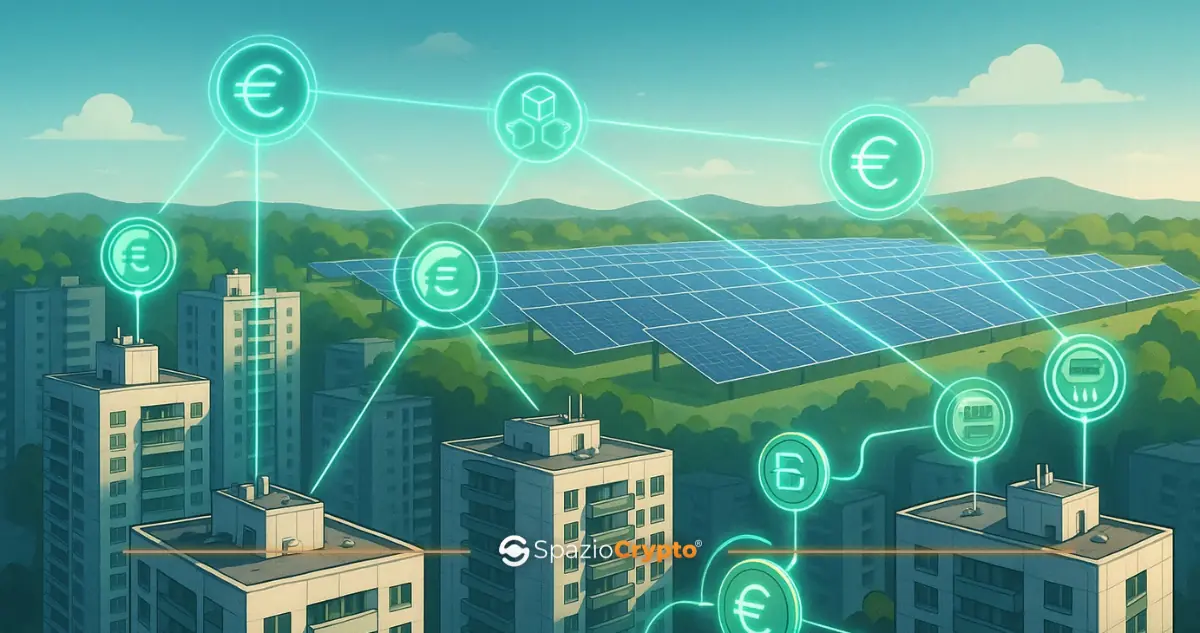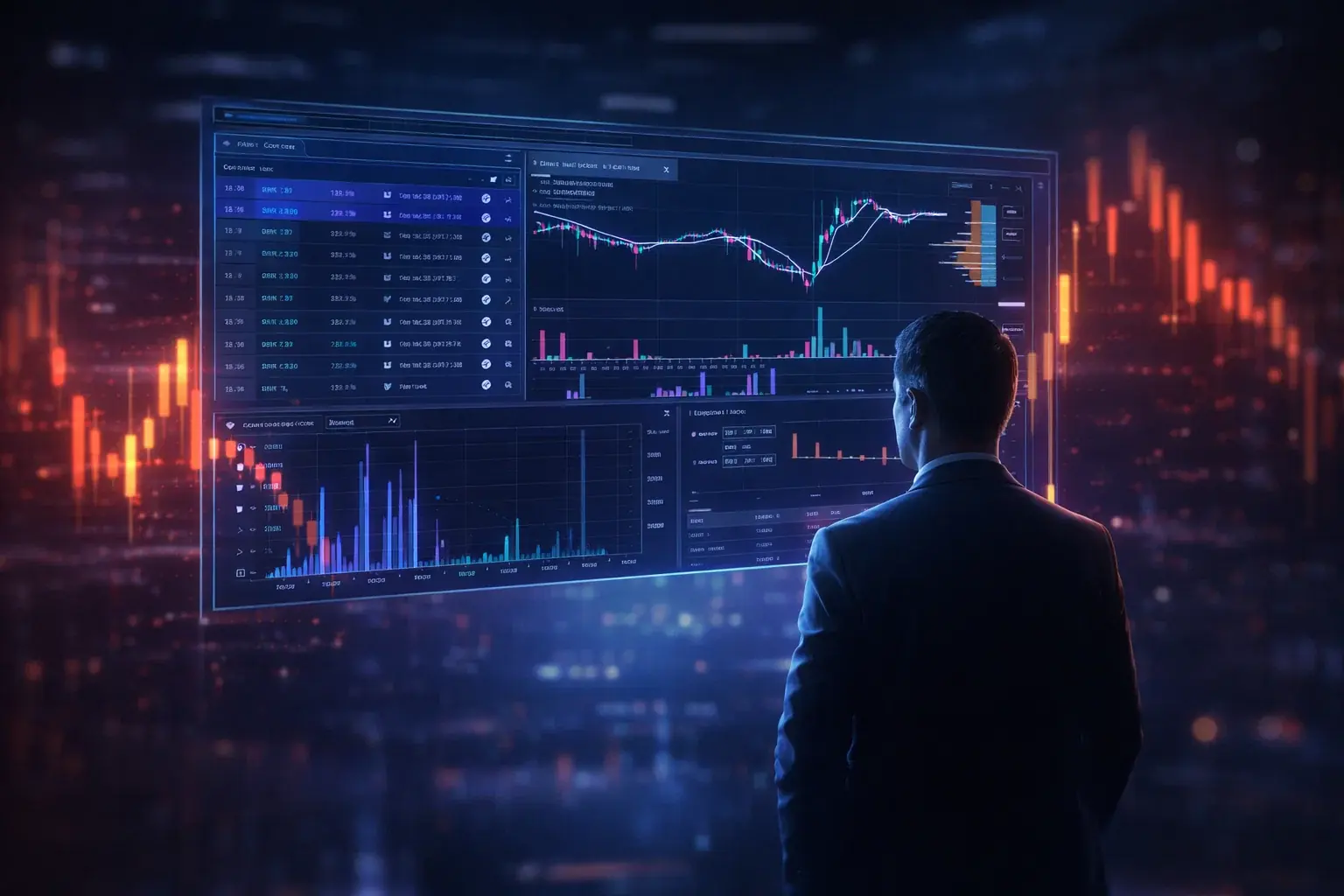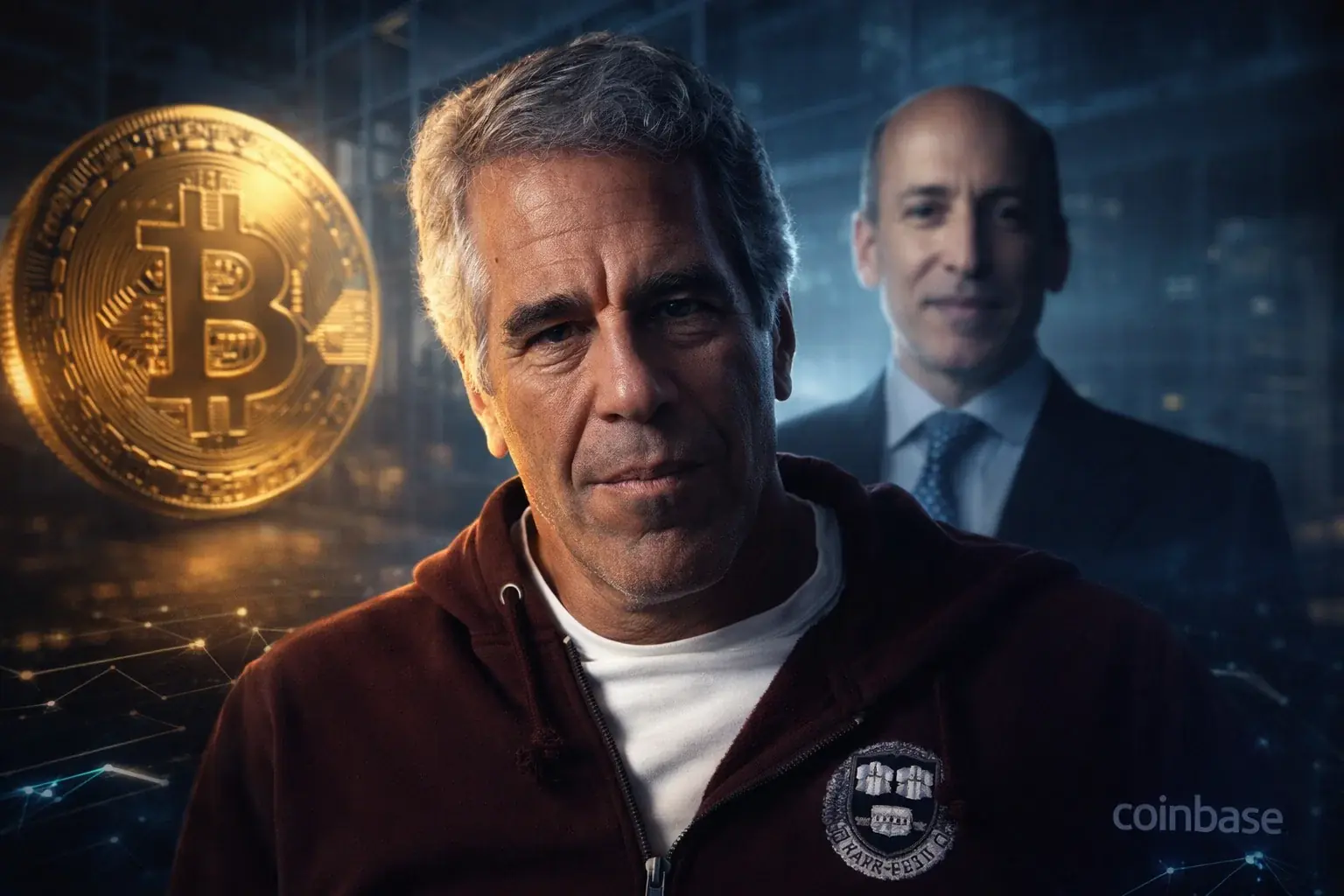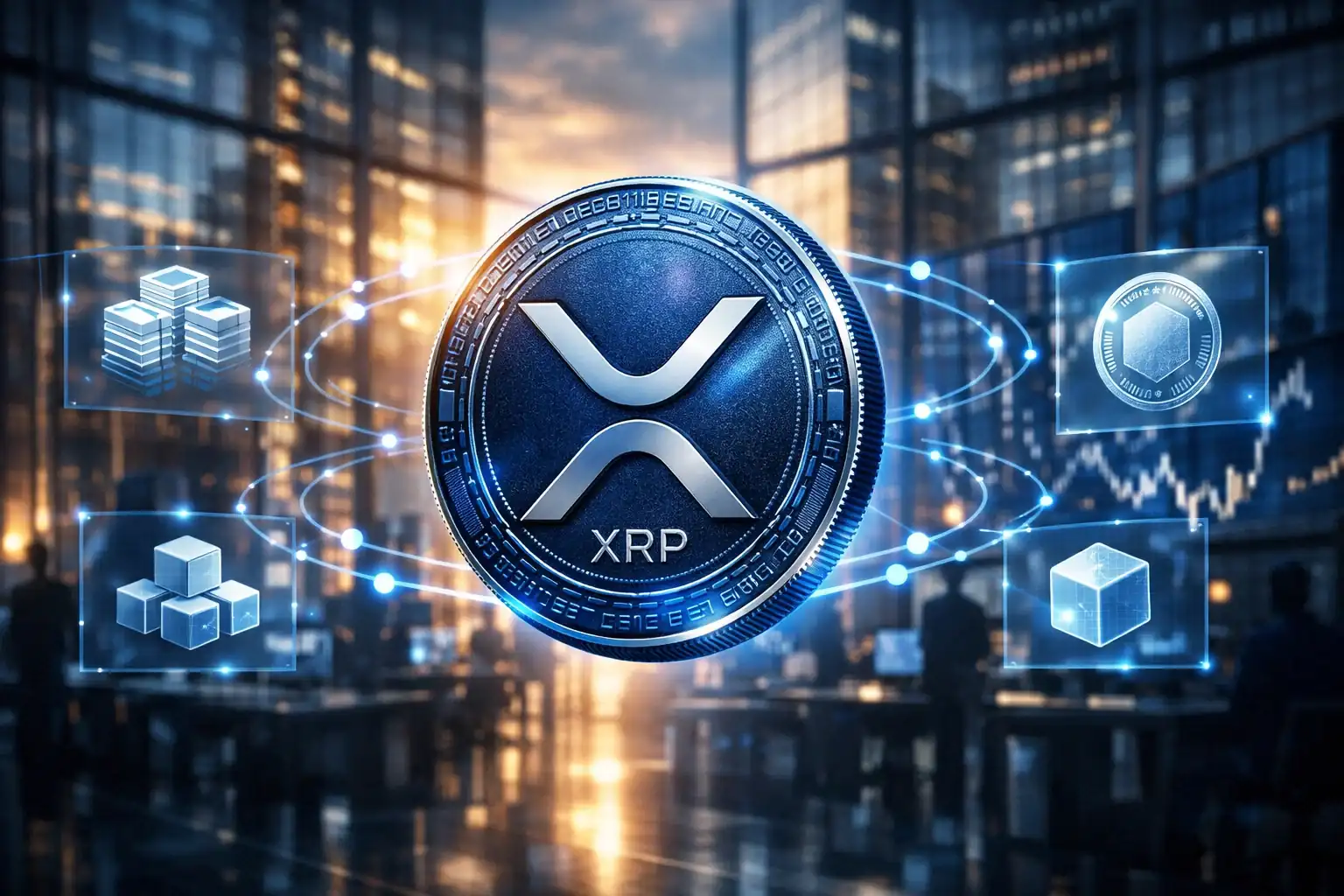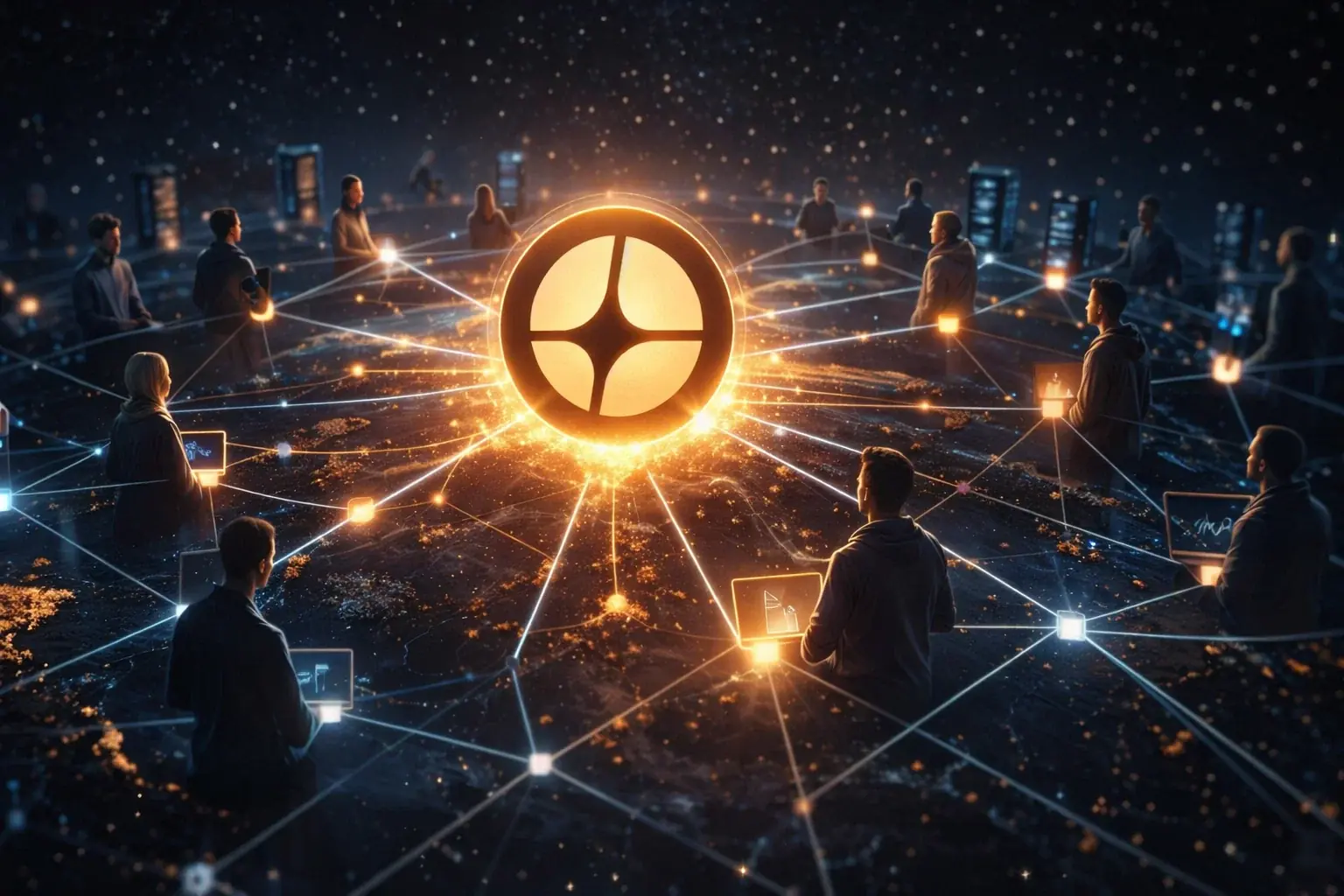Enel, one of the world's leading players in the energy sector, has introduced an innovative way to invest in renewable energy in Italy using blockchain technology. Together with crypto wallet provider Conio, it has launched a product that allows Italians to obtain fractional ownership of solar panels, without the need to install them on their own roof.
The essence of the model is 'tokenization': the transfer of rights to a part of a solar installation into digital tokens on the Algorand blockchain. These 'energy tokens allow holders to receive a portion of the generated electricity and use it to reduce their bills.
The pilot programme started on 24 January 2025 for a limited number of customers. At the time, Algorand's marketing manager Marc Vanlerberghe pointed out that Algorand was chosen for its stability, support for euro-regulated tokens and carbon neutrality.
BREAKING: @Conio and @EnelGroup, the world's largest electric utility company, are launching a solar panel tokenization product using the #Algorand blockchain. Italian residents can now reap the benefits of solar panels without physically installing them on their roof. They can...
- marcvl.algo🇺🇦 (@marcvl) January 20, 2025
The CEO of the Algorand Foundation, Staci Warden, particularly highlighted the flexibility of the project: "You can live in a skyscraper and at the same time pay your bills with a share of a solar panel installed outside the city."
How does the model work?
Enel maintains and monitors the systems, tracking energy production for each token holder. The system links smart contracts to data from sensors and meters, transmitting the information in real time to the blockchain. Each participant receives two types of tokens: one represents an ownership stake in the plant, the other is an 'energy' reward linked to production.
Why is this important?
- Accessibility. Residents in apartment blocks who cannot install panels can now buy tokens and contribute to renewable energy while saving on their utility bills.
- Scalability. Thanks to blockchain, it is easy to manage thousands of holdings in a single project, process transactions and distribute rewards.
- Sustainability. Algorand was chosen for its eco-friendly Proof-of-Stake protocol and green approach to energy.
- Regulatory Compliance. The project complies with EU regulations: it is the first real asset tokenization (RWA) in Europe under MiCA.
How did it all start?
The initiative was born in February 2024, when Enel proposed the idea to Conio. By March the architecture of the solution was ready and by December the tokenization platform for real assets had been completed. Testing began in January 2025.
Future and Conclusions
Enel's ebitts platform is one of the most promising concrete examples of the use of blockchain in the energy sector. Enel retains control of the infrastructure, Conio ensures regulatory compliance, and users have an easy way to participate in the transition to green energy.
The project demonstrates that blockchain can also be successfully used outside the crypto world: for the management of physical assets, large-scale multi-user systems and environmental initiatives. It offers transparency, automated accounting, independence from geolocation and participation even remotely.
In general, this model can become a reference for other countries, especially where a large part of the population lives in flats and cannot install solar panels. The use of tokens and blockchain opens up a new format for investing in ecology and sustainability, making energy accessible, transparent and modern.


